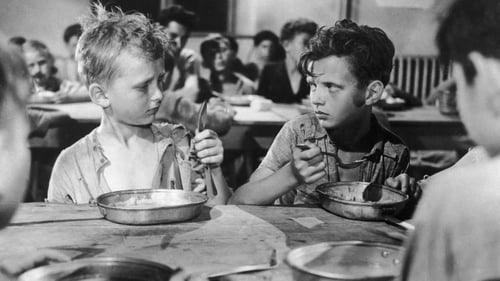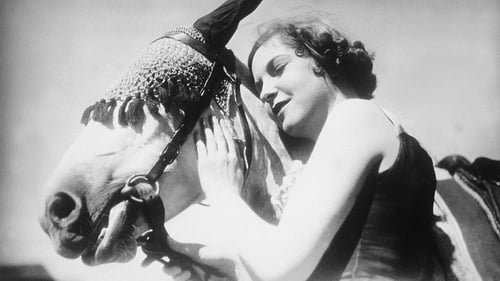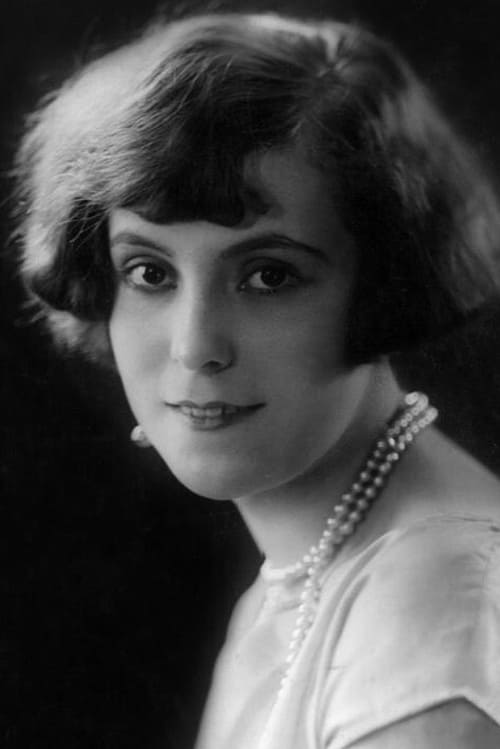Jarmila Novotná
出生 : 1907-09-23, Prague, Bohemia, Austria-Hungary [now Czech Republic]
死亡 : 1994-02-09
略歴
Jarmila Novotna was Czech soprano singer, stage and screen actress. She made her operatic debut at the Prague Opera House, on June 28, 1925, as Marenka in Smetana's "The Bartered Bride". Her film debut was in "Vyznavaci slunce/The Sun Disciples" (1926). In 1929 she joined the Kroll Opera in Berlin. She created the female lead in Jaromir Weinberger's new operetta "Frühlingsstürme" in 1933, the last music drama produced in the Weimar Republic. Jarmila Nvotna and her singing partner Richard Tauber were both forced to leave Germany by the new Nazi regime.

Self
"The Great Magician" - Max Reinhardt (1873-1943) was an Austrian theater and film director, director, theater producer and theater founder. With his Jedermann production on August 22, 1920, he founded the Salzburg Festival.

Maria Selka
Loosely traces the life of tenor Enrico Caruso (1873-1921). He loves Musetta, in his home town of Naples, and then Dorothy, the daughter of one of the Metropolitan Opera's patrons. Caruso is unacceptable to both women's fathers: to one, because he sings; to Dorothy's, because he is a peasant. To New York patricians, Caruso is short, barrel chested, loud, emotional, unrefined. Their appreciation comes slowly. The film depicts Caruso's lament that "the man does not have the voice, the voice has the man": he cannot be places he wants to be, because he must be elsewhere singing, including the day his mother dies. Throughout, Mario Lanza and stars from the Met sing.

Hannah Malik
In postwar Germany, a displaced Czech boy, separated from his family during wartime, is befriended by an American GI while the boy's mother desperately searches for him.

Vera Starschenska, Sängerin

Count Dimitri is sentenced to death for hitting Prince Paul who was trying to steal a kiss from Countess Vera. Prince Paul pardons him because of a young girl who knew how to conquer his heart at the right time.

Frasquita
Czechoslovakian opera star Jarmila Novotna plays the title role in the Austrian tunefest Frasquita. Based on a Franz Lehar operetta, the story is the usual frothy nonsense. Dolly (Charlotte Daudert) is engaged to marry Hyppolit (Heinz Ruhmann), but she's really in love with Harold (Hans Heinz-Bollman). Hyppolit is likewise enamored of another, namely Frasquita (Jarmila Novotna). Alas, Dolly and Hyppolit must go through with the wedding, despite the dictates of their hearts. That there's a happy ending all the same comes as a surprise only to the characters on the screen.

Frau Thormaelen
The story, set in Constantinople, of a young man who falls in love with a woman much older than he is, and her daughter falls in love with him also. An American critic was vastly impressed by the day-and-night locale shots, and wrote that the film-maker had discarded and soft-pedaled the soft and sentimental in favor of the realistic and logical.

Marie
Bohemia in the 19th century, stage-coach driver Hans, loves the mayor's daughter Marie, but she is promised Wenzel, the son of another wealthy farmer. Marie refuses to marry Wenzel because of Hans, but the marriage arranger tries to "buy" Marie from Hans. But when Wenzel tells Hans, that he doesn't want to marry Marie, either, because he loves circus director Brummel's daughter, Hans decides to accept the offer of money for not interferring in the relations of Hans and Marie. But when Marie hears about this, she doesn't want to see Hans again.

Laura
First of several filmed versions of a popular period operetta, in which an early 18th century noblewoman in Poland falls in love with a revolutionary student activist.

Primadonna
It begins with a Tannhäuser performance and ends with the premiere of The Tales of Hoffmann. In between a young ingénue cast in her first big role, the Hoffmann rehearsals, the theatre director and his stage director exchanging cynicisms, a budding love affair. Gründgens at his most repulsive, trying to woo both lovers. And a hair-raising finale. Add to this some snappy dialogue and "pre-code" scenes that make you sit up and stare.






